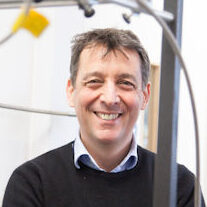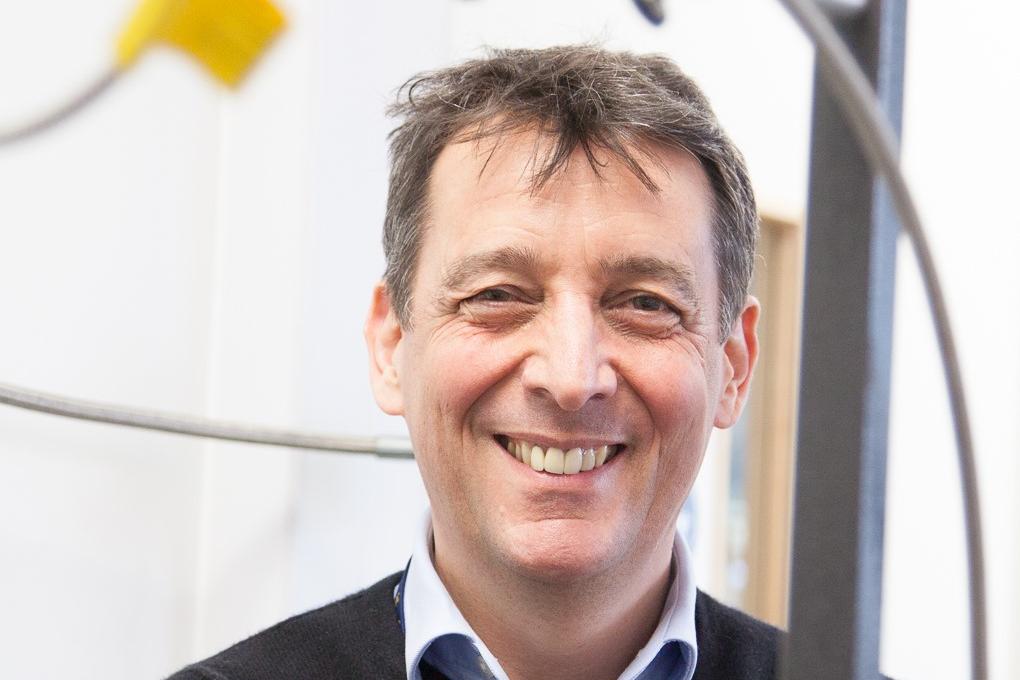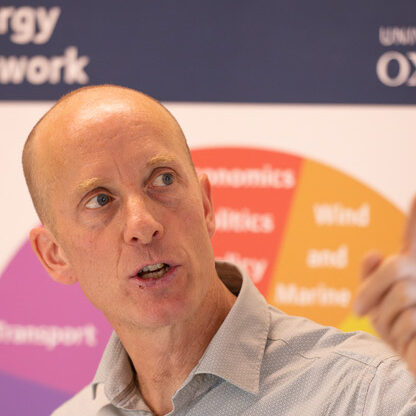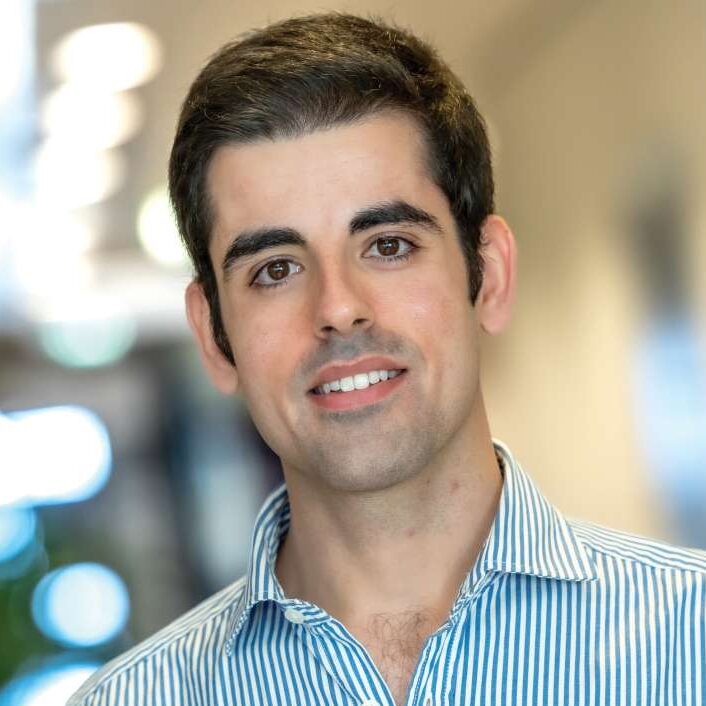Date and time: Thursday 9 October 2025, 13:00-14:00 CEST
Speaker: Paul Walton, University of York, UK
Title: Gender equality in sciences, why is it taking so long?
Where: Digital Futures hub, Osquars Backe 5, floor 2 at KTH main campus OR Zoom
Directions: https://www.digitalfutures.kth.se/contact/how-to-get-here/
OR
Zoom: https://kth-se.zoom.us/j/69560887455
Host: Sandra Pauletto pauletto@kth.se

Bio: Paul Walton obtained his PhD in 1990 (University of Nottingham, UK), followed by two years as a NATO/SERC postdoctoral fellow at the University of California, Berkeley, USA. He joined the Department of Chemistry at York as a faculty member in 1993. Between 2004 and 2010 he was chair of department.
His main research area is bioinorganic chemistry, in which he has made contributions to the understanding of copper oxidases, including the discoveries of the histidine brace, anglerase enzymes and the bioinformatics method of ‘signal strapping’. He also has interests in the use of parameterised models for rapid quantum chemistry calculations.
He is the recipient of multiple national* and international** awards:
- Teaching: RSC’s Higher Education Teaching Award 2000,** Vice-Chancellor’s Teaching Award 2020.
- Research: Gertrude Cropper Award, RSC’s Joseph Chatt Award 2016,** IChemE’s Global Energy Award 2016,** RSC’s Rita and John Cornforth Award 2020,** University of Chalmers Jubilee professor 2020.**
- Equality: Royal Society’s inaugural Athena Prize* (runner-up). WISE man of the year shortlist.* Royal Society of Chemistry, Inclusion and Diversity Award 2025.**
He has also been Editor of Dalton Transactions (2004-2008), chair of Heads of Chemistry UK, chair of the Royal Society of Chemistry’s Diversity Committee, was named as a ‘Person of Influence’ by the University of Toronto’s Women.
Abstract: Over nearly all scientific organisations, across every country and across time one finds that the progression of women in research/academia is significantly hindered when compared to men. Such a universal truth represents an enormous loss of talent, including in our very own academic communities.
Recent years have seen some progress in understanding the principal factors behind this phenomenon and there has been some progress in new schemes which are designed to address the lack of women in senior scientific positions. These schemes have also met with some resistance which, in itself, has been revealing of the reasons why there is such a difference in the progression rates of men and women in science. This presentation discusses some of the evidence behind gender inequality in academia, and—most importantly—how that can be translated into day to day practice within an academic context.





